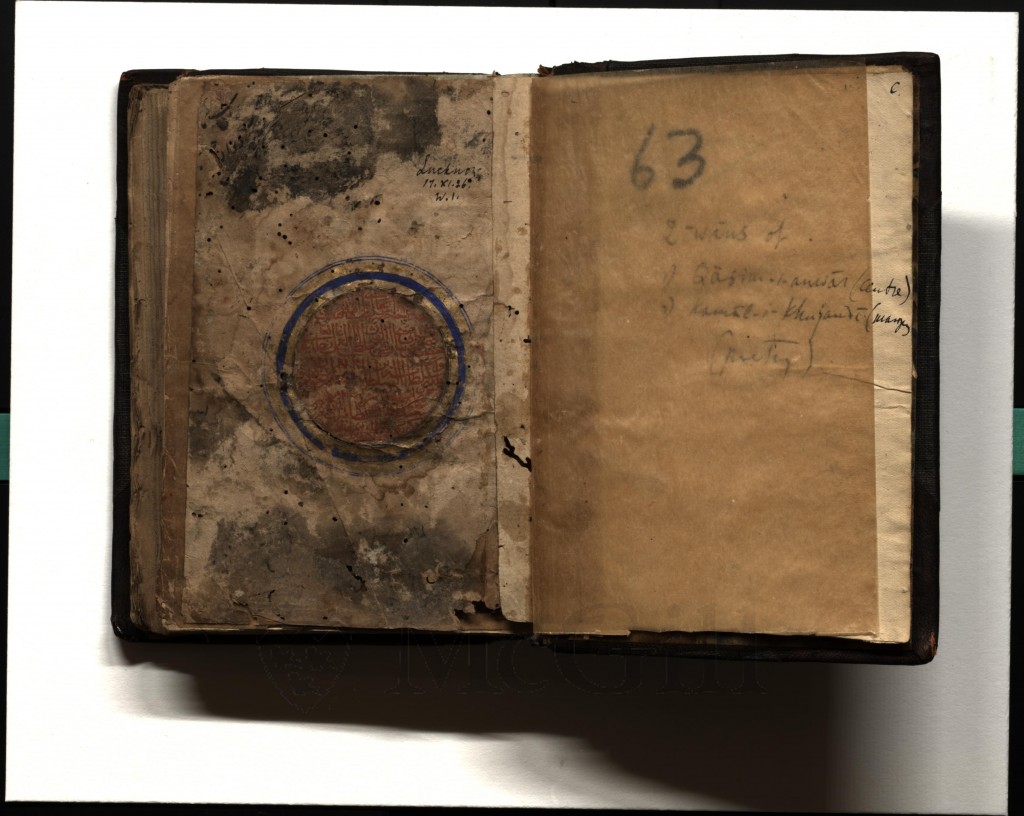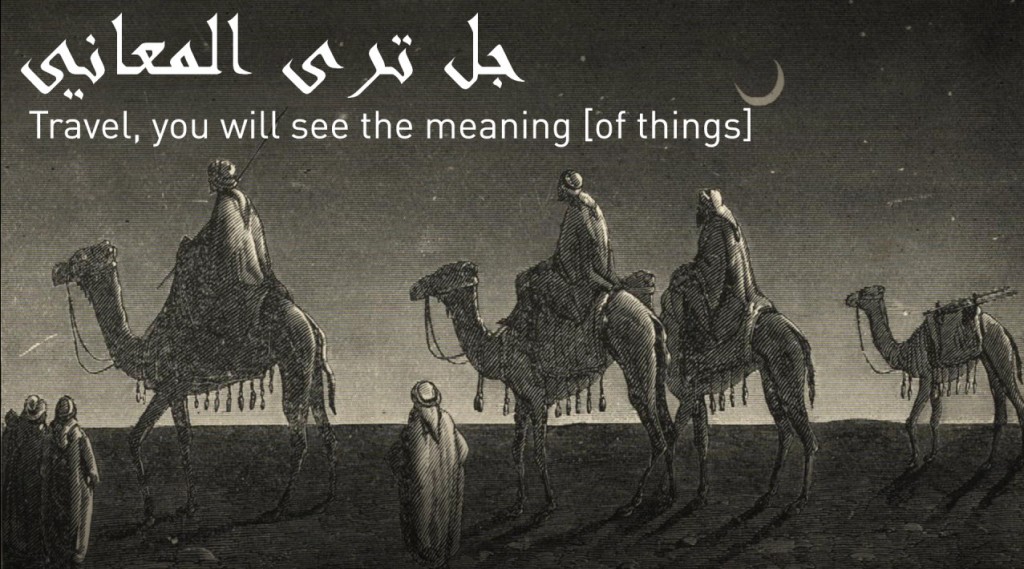Early European Books is a Proquest project in partnership with major European Libraries, such as the Royal Library of Copenhagen, the Biblioteca Nazionale Centrale di Firenze, and the Wellcome Library. Early European Books is issued as a series of annual collections, each offering access to the early printed books of one or more major libraries. These collections aim to form a seamless and increasingly comprehensive survey of printing in Europe to 1700.
All works printed in Europe before 1701, regardless of language, fall within the scope of the Early European Books project, together with all pre-1701 works in European languages printed further afield. Early European Books is largely concerned with non-Anglophone materials, and predominantly non-Anglophone collections have been made available for digital capture. The database includes a few titles of Avicenna, Ibn Zuhr and Abu al-Qasim al-Zaharawi, in Arabic, Latin translation or bilingual editions.
Early European Books offers full-colour, high-resolution (400 ppi) facsimile images scanned directly from the original printed sources. Each item in the collection is captured in its entirety, complete with its binding, edges, endpapers, blank pages, and any loose inserts, providing scholars with a wealth of information about the physical characteristics and provenance histories of the original artefacts.
Detailed descriptive bibliographic metadata accompanies each set of facsimile Document Images to support browsing and searching. Users of Early European Books are also provided with functionality that allows them to pinpoint particular images containing manuscript annotation and various kinds of non-textual printed matter including illustrations and maps.
Early European Books is accessible to McGill users, through our database portal.



